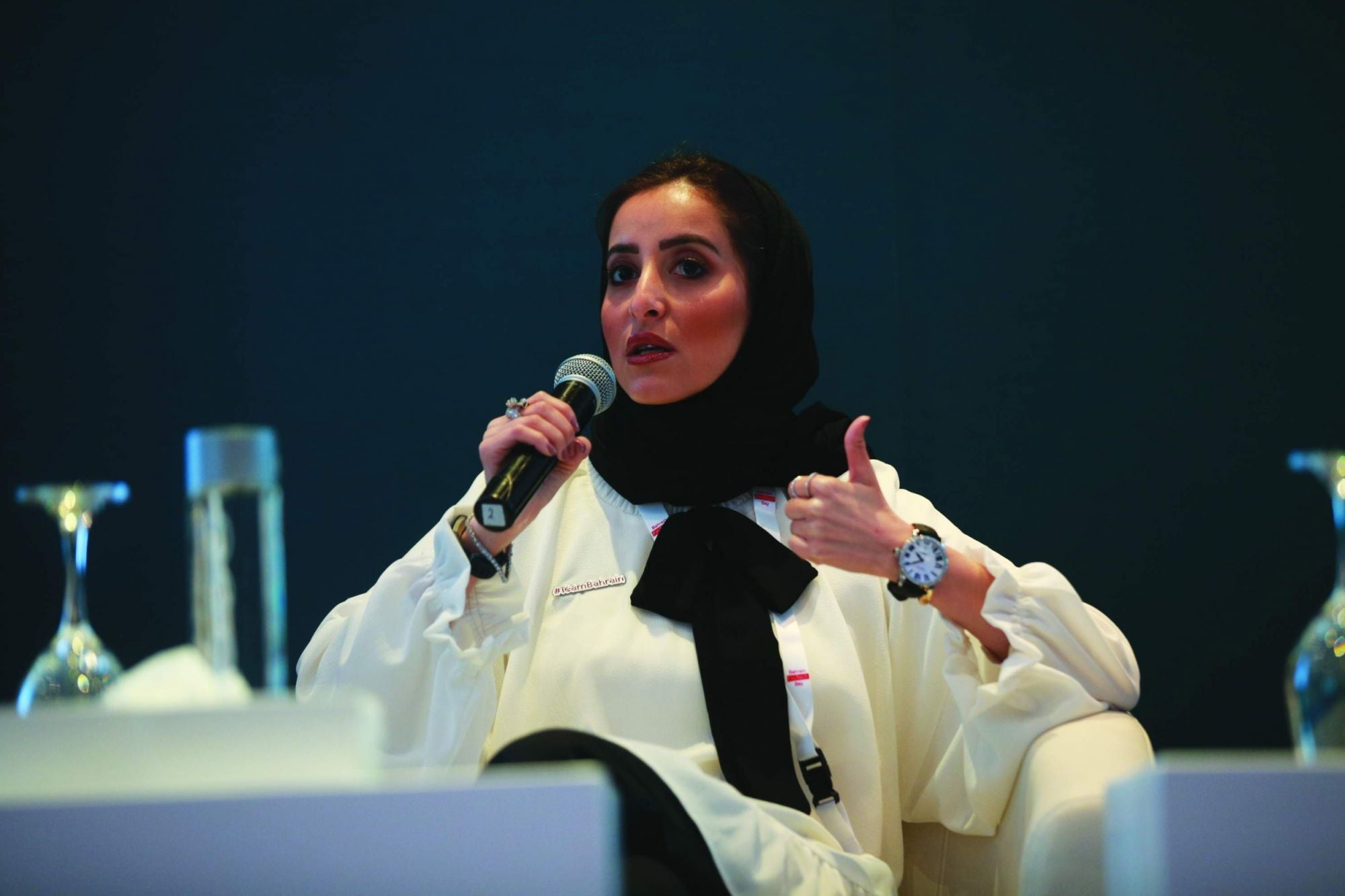Bahrain's Push to Fintech by Central Bank Given the extreme pace at which digital transformation is happening in the financial services sector, Central Bank of Bahrain adapted innovation to ensure that the country remains a thriving financial hub
Opinions expressed by Entrepreneur contributors are their own.
You're reading Entrepreneur India, an international franchise of Entrepreneur Media.

Predominantly an oil-based economy, Bahrain has been investing a lot to diversify its businesses as world-over countries are looking for alternatives to fossil fuel. More than 60 per cent of the country's export receipts are from oil and gas. One of the sectors in which the kingdom has invested heavily and has taken a lead in the geographical region is banking, with evolution of financial technology (fintech) being the backbone.
Central Bank of Bahrain (CBB), the banking regulator, is mandated to ensure the financial stability of the kingdom and formulate the monetary policy. However, given the extreme pace at which digital transformation is happening in the financial services sector, the regulator adapted innovation to ensure that the country remains a thriving financial hub.
"The kingdom of Bahrain has always been recognized as a leading financial hub in the region. We base our regulations on international best standards and policies. So, it's extremely important for us to move in line with this digital movement and innovation to retain our position. The way for us to do that, of course, is through regulatory forums and amendments fostering fintech and innovation, while at the same time ensuring that financial stability is not hindered in any manner," Yasmeen Al-Sharaf, head of fintech and innovation unit at CBB, told Entrepreneur India.
Regulatory Sandbox
One of the most unique initiatives taken by CBB's innovation unit is its regulatory sandbox model wherein fintech firms can test and nurture their solutions. In 2017, MENA region's first sandbox was launched by the regulator enabling start-ups as well as existing financial institutions to test their innovative financial solutions in a controlled, live and time-bound environment directly with volunteer customers. The tests are done under the strict supervision without being required to comply with
all regulations applicable on full-fledged licensee.
"This approach provides the regulator with the ability to know and learn more about upcoming innovations which will enable us to ultimately think about the necessary changes required in regulations and legislations as the space is evolving," said Al-Sharaf.
Since the launch of the sandbox, 35 companies have been admitted and two companies have graduated successfully which have received a full licence.
In December 2018, Tarabut Gateway— part of Almoayed Technologies—became the first company to successfully complete the sandbox stage under the open banking regulatory framework. It was followed by Rain, a Bahrain-based Shariah-compliant cryptocurrency exchange, in February earlier this year.
"We have around four other companies in the pipeline ready to graduate from the sandbox as well this year. So we think that the sandbox is a great way for SMEs to scale up their business in an agile manner," added Al-Sharaf.
The sandbox model followed by Bahrain is similar to others such as that in the UK, albeit with specific modifications to meet local market requirements. "Anyone with merely an idea can be admitted into the sandbox and can conceptualize the idea to build the prototype and test it with customers. The application process is very straightforward. It takes just 15 days for the central bank to respond to the applicant," said Al-Sharaf
Global Nature
The sandbox is not restricted to admitting only local players and the composition includes companies from all around the world including those from the US and China. On the top of it, the ideas and product being nurtured in the sandbox need not be for local use. The solutions are meant to support the financial sector in general solving specific pain points through innovation that will support the financial sector anywhere in the world. "Bahrain allows any start-up to scale up their operations from Bahrain, to use Bahrain as their test bed through the sandbox and then scale up," added Al-Sharaf. After graduating from Bahrain's sandbox, it is up to the company whether they want to remain in Bahrain or not.
Changing Regulations
The sandbox experiment has led CBB to make various changes in regulations to suit the evolving banking space.
The regulator has issued regulations for crowdfunding, both equity-based and financing-based, and these cater to both conventional and Sharia-compliant transactions.
The bank has also introduced regulations for digital financial advice, Robo advisory, which uses algorithms to provide financial advice to customers by studying the behavior of the customer and the trend. Bahrain is also amongst the first in the region to issue regulations on crypto assets services.
Al-Sharaf believes that it is important for regulators and governments around the world to collaborate on fintech and innovation. "While developing regulations at the national level is important, that should not happen in isolation. Digitization is going to break down the borders between jurisdictions whereby fintech companies will ultimately want to serve customers from more than one jurisdiction. So it's extremely important for regulators around the world to have open communication, collaborations to share their learning, and knowledge for solving policy challenges and to harmonize regulations to ensure international financial security," she added.
Eye on India
Bahrain's banking regulator takes note of fintech innovations and regulatory changes in India. "India is one of the jurisdictions in which we research a lot in terms of our regulations. The Indian economy has leapfrogged a lot compared with other jurisdictions in terms of technology, especially when it comes to the payment space. We are in talks with a number of different Indian companies which are either vendors or fintech start-ups," she said. While conversations with Indian companies are still open, Bahrain is trying to discover ways to collaborate with Indian fintechs in a way that will be beneficial to both the parties. "We are looking for further collaborations," said Al-Sharaf.









